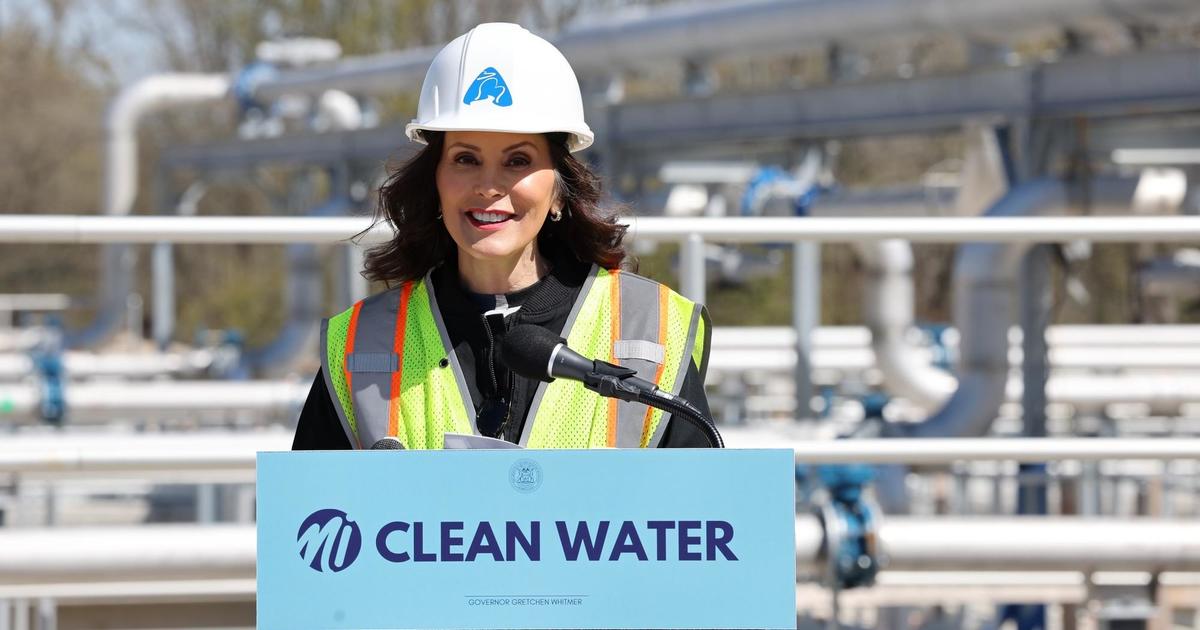Retirement Plans Are Changing
 Jerry Kalish: New Law Good News for 401(k) Sponsors, Participants
Jerry Kalish: New Law Good News for 401(k) Sponsors, Participants
Enterprise Notebook Guest Column
The Pension Protection Act (PPA) signed into law by President Bush on Aug. 17, 2006 has been called the most significant retirement plan legislation since the passage of the Employee Retirement Income Security Act (ERISA) in 1974.
Much of the attention in the popular press has been focused on the aspects of the law related to the funding of defined benefit pension plans. But employers and employees in small to medium sized companies are starting to realize that the most far-reaching impacts will be on profit sharing and 401(k) plans. And for the most part, the PPA will be highly favorable to both.
The PPA provides additional incentives for employers to sponsor and even enhance 401(k) plans and to make it easier for employees to contribute to these plans. The tax laws have never been better for 401(k) plan sponsors and participants.
Below, in a Q&A format are some important things you should know about how the PPA could affect your company, your employees – and even yourself.
What are some of the enhancements the PPA offers?
The PPA addressed defined contribution plans (defined benefit plans discussed later) such as profit sharing and 401(k) plans in five important areas. The law:
• Extends favorable benefit and contribution limits.
• Extends Roth 401(k).
• Encourages employee savings.
• Relaxes fiduciary rules.
• Provides new tax planning opportunities for distributions.
How are favorable benefit and contribution limits extended?
The PPA makes permanent favorable tax rules enacted in 2001 beyond a 2010 sunset date. If the 2001 limits had been allowed to expire, significant reductions in benefit and contribution limits would have resulted. For example, the 2007 401(k) limit of $15,500 plus the $5,000 catch-up for participants age 50 and older would have been reduced to $13,500 with no catch-up.
How was Roth 401(k) affected?
The Roth 401(k) option for employees was also scheduled to expire in 2010, and as a result many employers were reluctant to add this tax-planning tool to their 401(k) plans. The PPA removed the uncertainty by making Roth 401(k) permanent.
How are employee savings encouraged?
The PPA boosts employee participation by giving the green light to automatic 401(k) enrollment. And employers can pick up a benefit. Also, a new safe harbor is available to meet non-discrimination rules. These rules are effective in 2008.
How were the fiduciary rules relaxed?
The part of the retirement plan law that provides fiduciary relief to plan sponsors if employees self-direct their accounts (certain rules apply) was extended in two important areas. First, the PPA encourages employers to make investment advice available to participants. Second, the PPA allows the use of default investment choices beyond money market and stable value funds that plan sponsors can use for employees who do not make investment elections. Both changes are effective in 2007 and, of course, certain rules apply.
What new distribution tax planning opportunities are available?
These include:
• Direct transfer of your tax refund to an IRA in 2007.
• Direct rollover to a Roth IRA in 2008.
• Rollover by a non-spouse beneficiary of a deceased participant's benefit to an IRA in 2007.
• Expansion of hardship distribution rules for any person who is the participant's beneficiary even if that person is not the participant's dependent for tax purposes in 2007.
What about defined benefit plans under the new law?
The PPA enacted a number of provisions that required companies with under funded defined benefit pension plans to fund their obligations sooner. For this reason and several others, large employers have been terminating or freezing their pension plans. In other words, no new pension benefits for employees which has been a trend covered by the popular press.
Does that mean that it's over for defined benefit pension plans?
Not at all. Defined benefit pension plans are being adopted by many companies – privately held companies since it allows them to make significantly larger contributions made on behalf of owners and highly compensated employees.
Does that mean that we have to provide the same benefits to all employees?
No. The tax laws allow plan sponsors to provide greater benefits to owners and highly compensated employees than for non-highly compensated employees – provided that certain non-discrimination tests are met.
But, does that mean we can't have our 401(k) plan?
Again, no. Employers can maintain both a defined benefit plan and a profit sharing and 401(k) plan provided that the non-discrimination tests are met and the contribution tax deduction limits are not exceeded. It will vary for each employer based on each employer's facts and circumstances.
So what should I do now?
The PPA was over 900 pages in length and included more than three dozen new rules. You should review your plan with your retirement plan advisor to make sure that your plan is up-to-date with the new law changes – and to make sure that you are not missing any opportunity to make your retirement plan better.
A final note: Our attorney says to make sure that I tell you that this discussion is not intended to provide you tax and/or legal advice, and to discuss your specific situation with your advisors.
Jerry Kalish is founder and president of National Benefit Services Inc., a Chicago-based retirement plan consulting and administration firm for retirement plans sponsored by small to medium sized companies. Kalish also is editor of The Retirement Plan Blog, www.retirementplanblog.com, published by his firm.
© 2010 WWJ Radio, All Rights Reserved.



